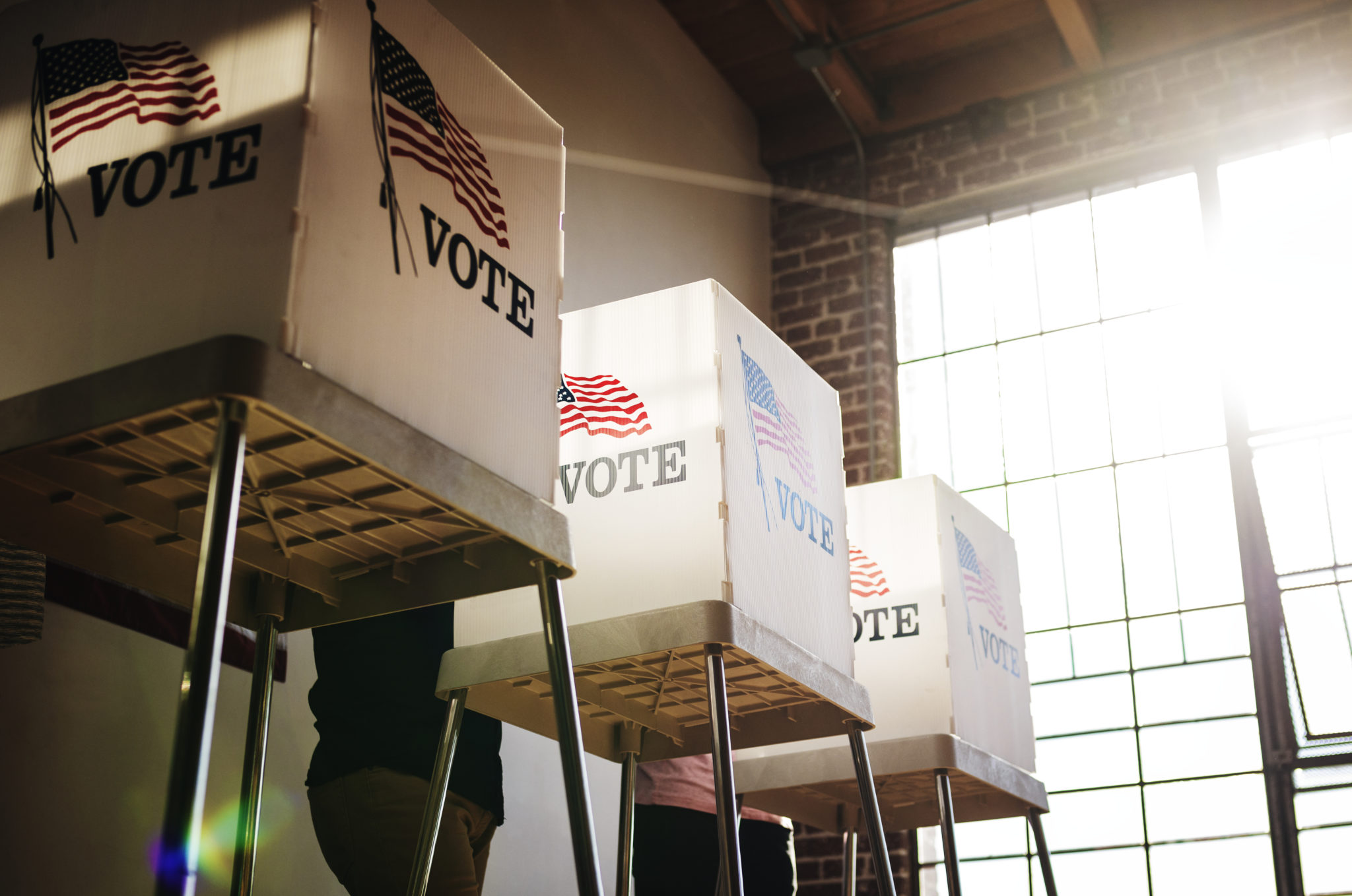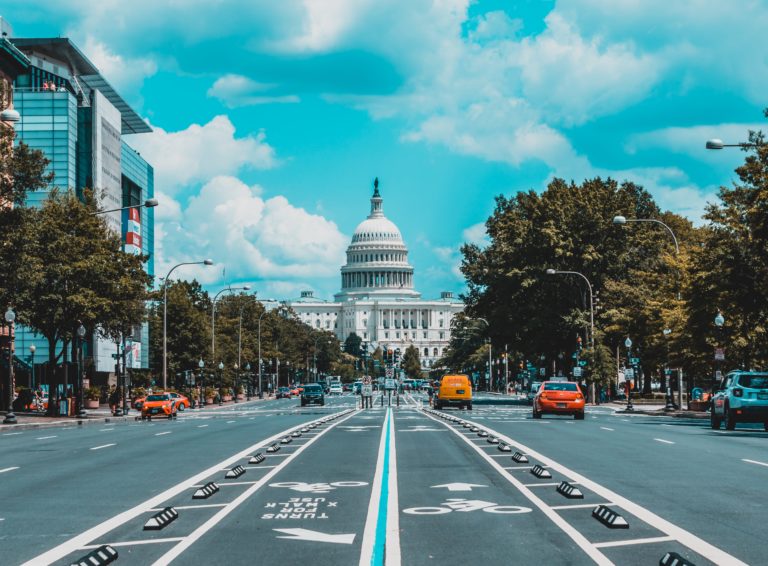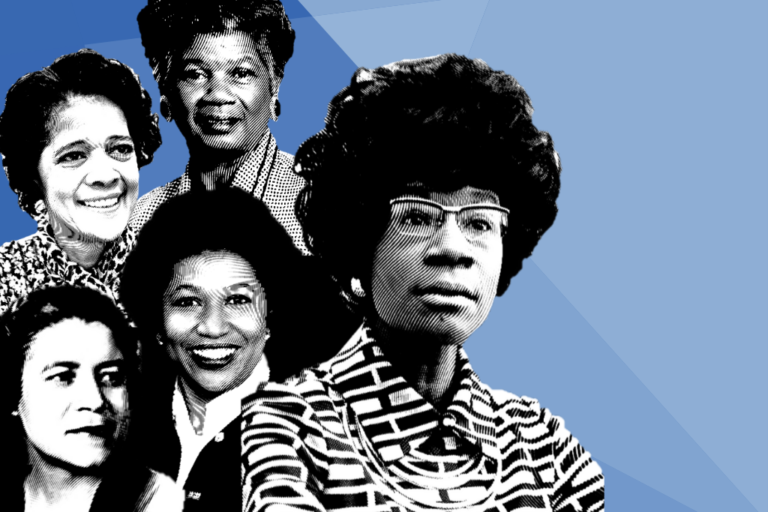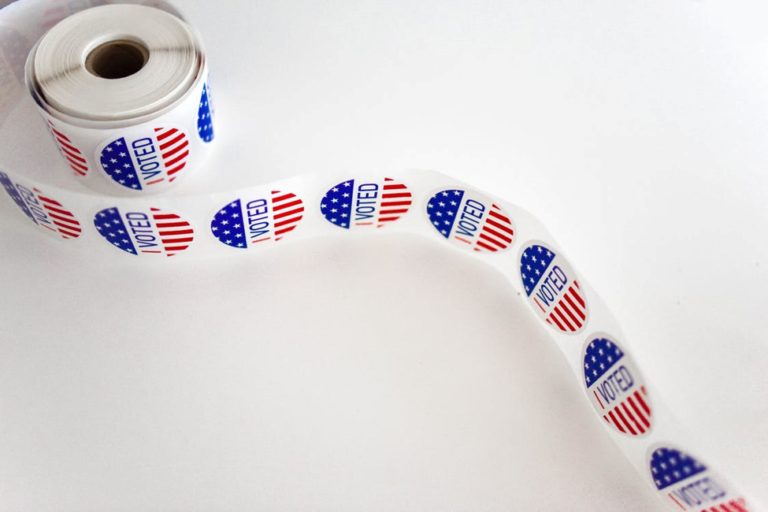A record number of Black women are running for Congress this year. At least 122…
Can Black Women Candidates Win Everywhere?

For a long time there was a prevailing notion in American politics that black candidates couldn’t win in districts that weren’t majority black. This belief didn’t come out of nowhere, and historically it has, unfortunately, limited Black women with political aspirations.
Part of the reason black people’s representation exists in Congress and state legislative districts across the country is because of the Voting Rights Act of 1965. One of its provisions ensured Black people held office in numbers proportional to the relevant black population, creating many majority black districts by default. Additional guidelines provided by the Supreme Court ensured that black voters weren’t further disenfranchised and stripped of power and representation in communities where we were predominant. That should have been viewed as one step of multiple steps to ensure black people gained access and power in a system that had long pushed them out by any means necessary, but it wasn’t. And it became in many quarters viewed as the ONLY way black people should gain political leadership in the United States.
There is some logic to this thought: why deal with the latent to the blatant racism of nonblack, especially white, voters? Black people saw what those who were successfully elected had to deal with when they tried to run outside of majority black districts. And black women face the extra layer of vitriolic sexism, like Shirley Chisholm did when she ran for President.
My campaign for the Virginia General Assembly in 2014, in a district that was predominantly white, was questioned even by people who were supportive. After I lost, I heard the refrain, “Well if you run again next time, will you move to a favorable district?” Favorable, meaning more racially and ethnically representative, despite my having service and political work relevant to my home district. This pressure to run in majority nonwhite districts is often heard by black and other candidates of color, as highlighted in this 2018 NY Times piece about the challenges of running while black in predominantly white or rural districts.
Despite some success stories of black women who ran for office in districts not predominantly black, these persistent limiting beliefs have affected many a good black candidate’s prospects for recruiting top staff, raising money, and become a self- fulfilling prophecy that they are not competitive enough to invest in. This is made worse when you are a black woman who is already dealing with questions of qualifications and competitiveness because of being a woman. To compensate, women may find that they need to spend time waging a “campaign of belief,” highlighting how they can win.
In 2018, a historic year, many black women candidates pushed past this to win major victories in non majority black Congressional Districts: Jahana Hayes, Ayanna Pressley, Lucy McBath, and Lauren Underwood. How? These black women ran on their compelling life stories and work that resonated with voters. For Jahana Hayes, it was history as a working mom and her career an educator, serving as tutor and teacher to many in her district. For Lucy McBath, it was being a working mom who had lost her child to gun violence and her work in the anti-gun violence movement, which resonated with a lot of moms in a primarily suburban Congressional district. Black women candidates, drawing on their lived experience at the intersections of society, bring critical additional knowledge and understanding to a range of issues members of their community experience.
And that’s what voters care about: the work you’ve done that’s relevant to their lives and their community. In research conducted by the Barbara Lee Foundation on women candidates electability: black women candidates from both major political parties with ties to the community in which they run have a good chance of beating a man on a generic ballot .
Does this mean racism and/or sexism won’t play a role in their candidacies? Certainly not. But what it does mean is that black women candidates shouldn’t be limited to waiting their turn in a majority black state legislative or Congressional district. They can win everywhere—you just have to support them.






